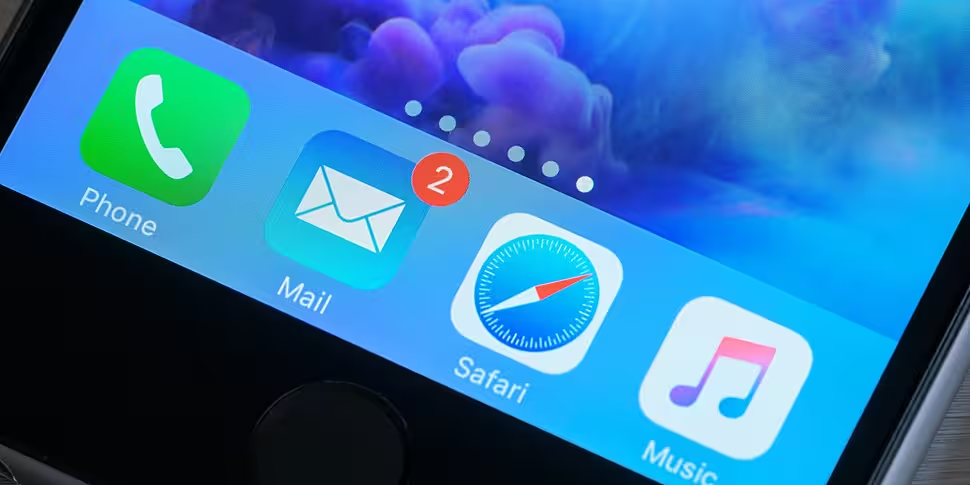The sign off at the end of an email can set the tone for the rest of it, and should be given careful consideration.
Communication leadership expert Gina London said while many people have an automated sign off, they should decide this on a case-by-case basis.
She told Moncrieff the writer should be thinking about the three c's.
"Words matter: you've got the culture, the content and the connection," she said.
"If you've got an automatic one... you would still be helpful to yourself, in the relationship you want to strike with whomever you're writing to, to think about [it].
"Is it the first time I'm writing? Then I probably want to be a little more formal.
"'Best regards' I think is pretty neutral and a nice, soft one to put in.
"If I'm upset I might want to say something that's a little more urgent.
"If I know them really well, then maybe I'm going to be really informal."
'Write it every time'
Ms London said she actually writes a sign off for each email.
"I don't have it automatically defaulted, I write it every time," he said.
"I put 'Kindly' - sometimes I go for 'Every kindness', but that's probably a little more formal or a little more uplifting".
Ms London said your sign off is like a thermostat for the conversation.
"It's a tonality, imagine it as a thermostat: you can be neutral, you can warm it up or you can cool it down a little bit," she said.
"I've gotten emails from people that are looking to be covered or have some training and they've just added 'BR' instead of 'Best Regards'.
"That doesn't make me happy," she added.
Ms London said while language has become less formal, people should still think about it before sending it.
Listen back here:









